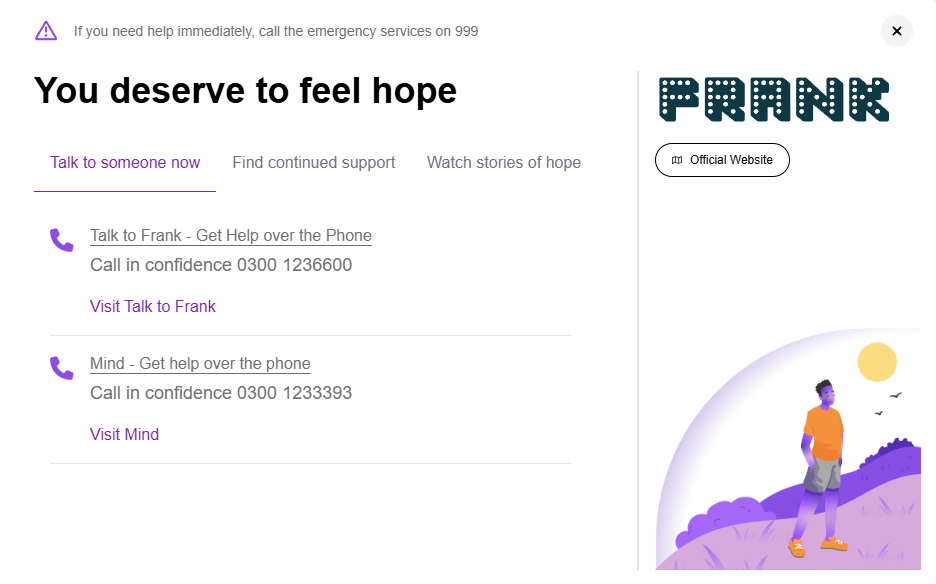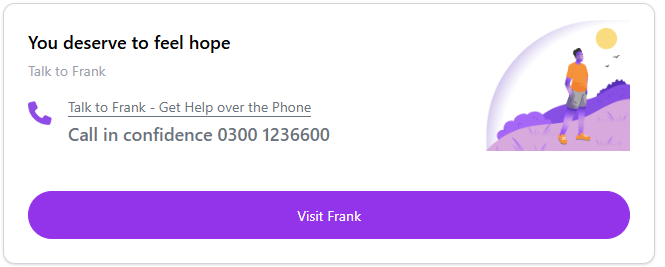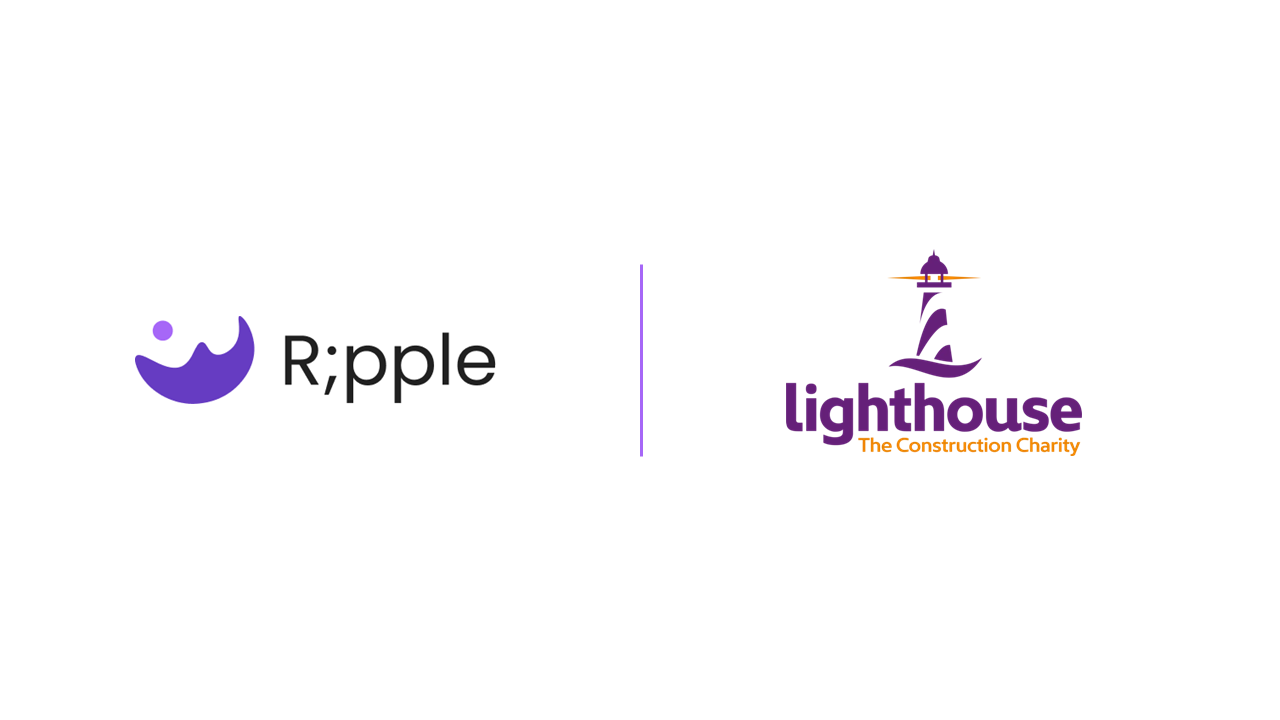
While almost one-in-ten adults admit to using illegal substances, for many it can become problematic, harmful or a dependency1. This is called substance misuse and the impact on individuals, families and workplaces can be devastating.
Unfortunately, substance misuse is more common than you may realise: over 130,000 adults seek and enter treatment each year1. These statistics reveal the reality of this crisis:
- 300,000+ adults are in contact with substance misuse treatment in 2023-20241
- Opiates (44%) and alcohol (30%) represent the two largest groups of treatment1
- 5,448 substance-related deaths in 2023, an 11% increase on 2022 across England and Wales2
- Cocaine-related deaths are on the rise: increasing 30% in 2023, ten times higher than in 20112
Substance misuse may also be becoming more widespread. The most recent government data reveals the number of adults receiving treatment or support for substance misuse increased 7% in 2024 versus 2023, the largest rise since 20081.
Those suffering from these complex issues - which include alcohol addiction - need support not only from family, friends, and health services, but also from within their workplaces. In this article, you’ll learn about substance misuse, how it manifests within the workplace, and what organisations can do to reduce stigma while providing empathetic support.
What is substance abuse?
Drugs and other substances can have a strong negative impact on the brain and body, impairing judgment and concentration. This becomes substance misuse when the use becomes problematic, harmful, or dependent. This can include someone who:
- Puts themselves in danger
- Takes substances even if it puts them at risk of illness (mental or physical)
- Craves substances and continues to use them despite health, social, or financial problems
When it comes to the workplace, the UK’s Health and Safety Executive (HSE), advise looking out for these warning signs, which could indicate substance misuse:
- Unexplained or frequent absences
- Changes in behaviour
- Unexplained dips in productivity
- More common accidents or near-misses
- Performance or conduct issues
However, it’s worth noting that these warning signs can also be signs of other things, like stress or illness - so it’s not always clear when to step in to provide empathetic support.
Substance misuse and the workplace
Many employers are already prioritising wellbeing within the workplace through culture, policies, perks and software. While these positive interventions should be celebrated, they often overlook addiction and substance disorders despite their prevalence in modern society. Some even argue that this can increase stigma3 and hinder support seeking behaviours and perpetuate stigma.
Providing support is not only the right thing to do, it’s a legal requirement. As an employer you have a legal duty to protect your people’s health, safety and welfare. Understanding the signs of substance misuse is a key pillar of safety risk and employee wellbeing.
As a HR or wellbeing professional, you may have to intervene and support an employee who is misusing substances. Because of this it's important that you can effectively support your people while utilising external expertise and advice.
According to the HSE, all employers should also have a clear and agreed policy on substance misuse which could be included as part of an overall health and safety structure. If a colleague informs you they have a substance problem, effective policy means providing help and support instead of dismissal.
For more information from the HSE on developing a policy for substance misuse, visit their website4 which features expert information and several key resources from ACAS and others.
Substance misuse is also interlinked with employee wellbeing and the CIPD recommend5 that drug use forms part of an organisation’s overall wellbeing offering. This ensures that you are able to combine an empathetic and supportive approach.
Leaders should also consider what preventative initiatives organisations can use to reduce the risk that work itself is contributing to the problem - think workplace socials, culture, and inclusivity. Read CIPD’s useful guide5 on substance misuse at work for more information - but do note, it is only available for CIPD members.
Ripple’s support for employees
As the CIPD notes, workplaces present valuable opportunities for early detection, intervention and support. But it’s not always clear when to step in and provide support. That’s why we created Ripple: a powerful digital crisis intervention tool.

Ripple was originally developed to intercept harmful online searches related to self-harm and suicide. We’ve now expanded our functionality to provide substance misuse support for employees, before they reach a crisis point.
If an employee is searching online for harmful content related to substance misuse or suicide, Ripple will intercept the search with a message of hope and will direct them to 24/7 helplines and mental health resources they can access immediately and in the longer term.
Ripple’s expanded protection is now available for all businesses, educational institutions, and public sector organisations. If you’re an existing customer, you can opt-into this support category cost-free.

There is a clear connection between substance misuse and suicide, but it’s often complex6 with potentially devastating consequences. Together, we can work on raising awareness of substance misuse at work, reducing the stigma, and encouraging more to seek help. Contact us to get started or to find out more.
Sources:
1. Adult substance misuse treatment statistics 2023 to 2024: report, Gov.uk
2. Deaths related to drug poisoning in England and Wales: 2023 registrations, ONS
3. Managing drug and alcohol misuse at work, HSE
4. Supporting employees in recovery to build a healthier workplace, Kaiser Permanente
5. Drug and alcohol misuse at work, CIPD
6. Understanding the connection between substance abuse and suicide, Papyrus
Our Sponsors and Supporters

















